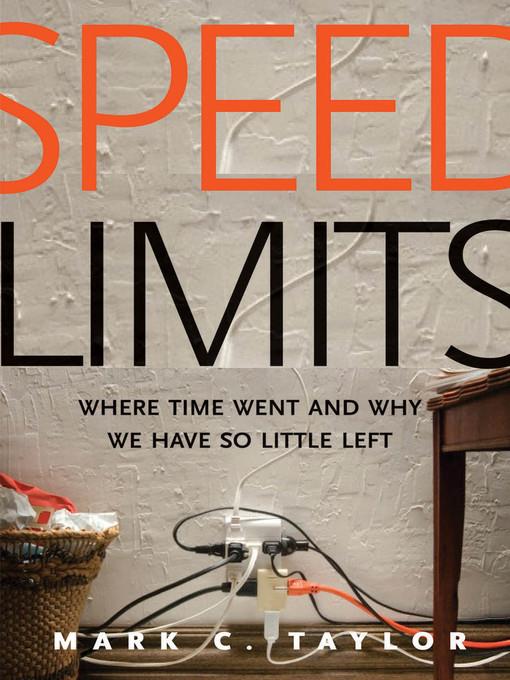
Speed Limits
Where Time Went and Why We Have So Little Left
- اطلاعات
- نقد و بررسی
- دیدگاه کاربران
نقد و بررسی

July 21, 2014
With panache and flashes of brilliance, Taylor (After God), a Columbia University religion professor and cultural critic, offers a philosophically astute analysis of how time works in our era: more is being squeezed into smaller and smaller bits of time, and everyone feels that they have less of it. Email has, in part, created this time warp, but technology is inseparable from larger economic and philosophical forces. Taylor offers some occasionally potted history lessons, such as how the Protestant Reformation, the invention of the clock, and the rise of consumer credit all contributed to our current state. In the present, he touches on Google Glass and financial markets, as well as citing familiar, but nonetheless disturbing, data about how many texts people send, and our inability or refusal to actually enjoy leisure on our days off. Society has become fragmented, reflective subjectivity has morphed into “competitive individualism,” and, ironically the “values that have allowed Western capitalism to thrive now threaten its collapse.” There is, appropriately, no quick fix, but Taylor provides plenty of provocative, learned ideas. Agent: Don Fehr, Trident Media Group.

October 1, 2014
Taylor (religion, Columbia Univ.; After God) argues that the world in which we live is speeding up. Nearly everything can be done faster, and is, while emails and cell phones pursue us relentlessly. He maintains that climate change has brought frightening speed to natural processes as well. Ancient glaciers do not disintegrate in a single flash, but the suddenness with which they are disappearing can be grasped in startling time-lapse images. The author has gathered data that suggest that as we work at ever-increasing rates, we are in danger of losing ourselves and our purposes. He hints at what may be the ultimate horror--the speed at which events happen and data piles up has made it extremely difficult for political leaders to keep track of daily crises. The chaos of ethnic and religious clashes, often fuelled by corruption, leaves little time to think for politicians for whom, in the United States at least, election campaigns now go on continuously. VERDICT This title is a well-drafted wake-up call and offers readers a chance to refocus on some very central issues.--Leslie Armour, Dominican Univ. Coll., Ottawa, Ont.
Copyright 2014 Library Journal, LLC Used with permission.




دیدگاه کاربران